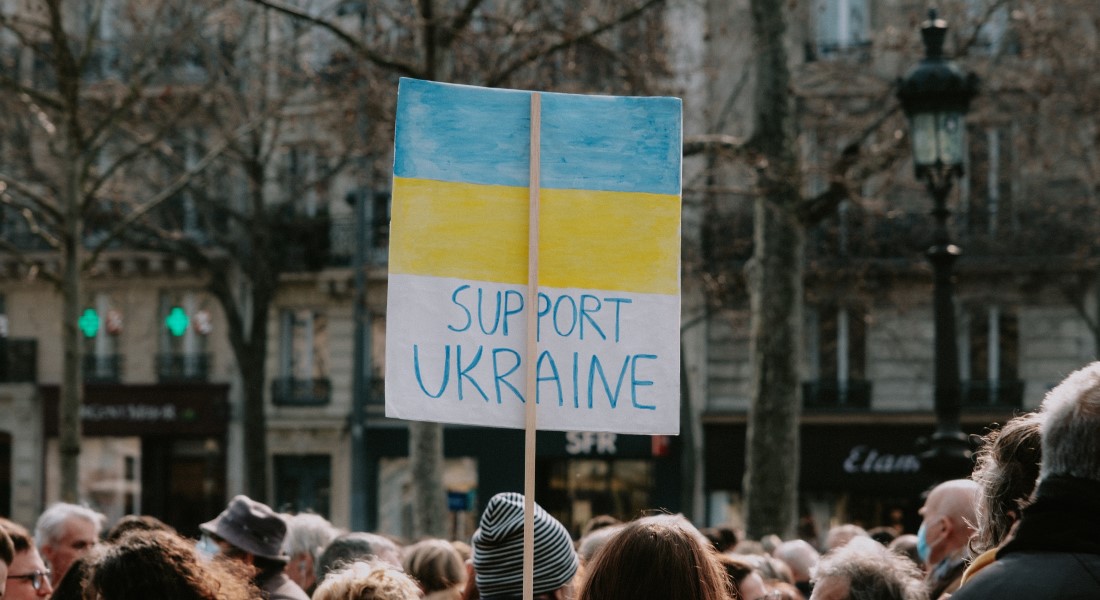Crisis response: Who do volunteers on social media prioritise?
Informal volunteering organised in Facebook groups plays an increasing role during crisis situations. But who are the volunteers helping – and why? A project funded by VELUX FONDEN will investigate this question with data from three crises, including the invasion of Ukraine in 2022.

Voluntary, informal aid organised via social media has grown rapidly in recent years. During the invasion of Ukraine and the subsequent influx of refugees, more than 100 Danish aid groups emerged on Facebook in a matter of days.
Now, a new project funded with DKK 5.7 million from VELUX FONDEN will investigate the role of volunteer work organised through social media during social crises.
The project focuses in particular on the criteria that volunteers use in practice when they choose to create or join help groups and then decide who should receive help. The ‘deservingness practices’ as the researchers call it.
The ad hoc structure of online groups makes such decisions less formalised and transparent, explains Assistant Professor Hjalmar Bang Carlsen, who leads the project together with Associate Professor Jonas Toubøl.
"In both governmental and established NGOs, there are set criteria for who should receive help. Such fixed procedures and principles are less common in informal aid work. Here, volunteers must clarify with themselves and each other who they want to help and why from situation to situation," he says.
Three societal crises are included
The two researchers, who are affiliated with Copenhagen Center for Social Data Science and the Department of Sociology respectively, have previously conducted studies of online groups' volunteer work during three significant crises: the Syrian refugee crisis in 2015, the COVID-19 crisis in 2020 and the Ukrainian refugee crisis in 2022.
The new project examines all three crises by utilising a unique combination of social media data, surveys and interviews, as well as news coverage of the three crises. Ultimately, the study will answer three key research questions:
- Who are mobilised to help and how is this influenced by the deservingness practices in the public debate?
- How do volunteers negotiate and decide who deserves help and how does this deservingness practice influence the distribution of help?
- How does informal volunteers’ evaluation of other actors involved in crisis management’s responsibility for the needy shape their relationships to other state- and civil society actors?
Overall, the project will provide a better understanding of the nature and overall impact of informal aid work. For example, to what extent does it affect aid work if a crisis affects compatriots as it was the case during the COVID-19 pandemic, or the crises originate from outside the country?
"Politicians call on the informal civil society in crisis situations. Therefore, it is important to understand the social and cultural dynamics at play in informal aid work, which help determine who gets help and who doesn't," says Jonas Toubøl.
Contact
Hjalmar Bang Carlsen
Assistant Professor
Copenhagen Centre for Social Data Science, UCPH, and Department of Sociology, Lund University
Email: hc@sodas.ku.dk
Mobile: +45 52 73 99 87
Jonas Toubøl
Associate Professor
Department of Sociology, UCPH
Email: jt@soc.ku.dk
Mobile: +45 28 99 03 61
Søren Bang
Journalist
Faculty of Social Sciences
Email: sba@samf.ku.dk
Mobile: +45 29 21 09 73
